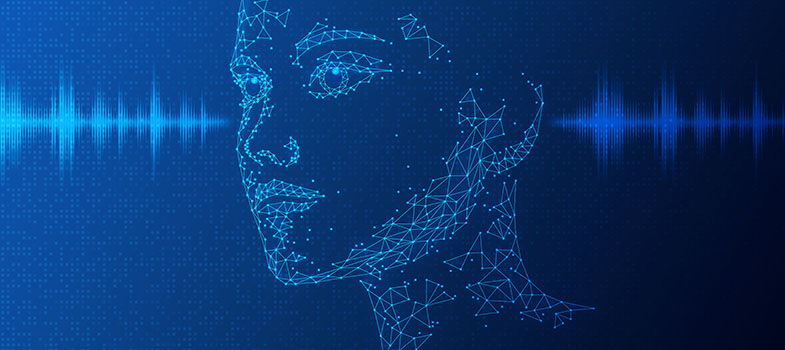2 Using Generative AI for legal advice – what’s the problem?

In May 2023, a member of the public represented themselves in court in Manchester and gave the judge details of four cases which supported their position.
The cases had been obtained from ChatGPT, a GenAI tool which erupted into public consciousness in November 2022 with the release of its free version. It gained one million users within five days and 100 million users within two months (Lim et al., 2023).
However, there was a problem; one of the cases did not exist, while the other three were real cases but did not support the points the party was making in their case (Law Gazette, 2023).
Misleading the court is very serious and can lead to contempt of court proceedings, fines or imprisonment. However, the judge decided in this case that, although the party had misled the court, it was unintentional, so no penalty was given.
But in a similar case before a court in New York in June 2023, two lawyers who had provided the court with false information provided by ChatGPT were fined (Russell, 2023).
 Using GenAI tools to find legal advice and information
Using GenAI tools to find legal advice and information
Take a few minutes to think about why you might use GenAI tools to find legal advice and information.
You can write down your thoughts in the box below.
Discussion
These tools are free and can produce answers very quickly. The answers are usually written very clearly and understandably. Obtaining legal advice from a lawyer can be expensive, or there may not be any lawyers with the expertise you need within reach of where you live. You may find that you do not understand the legal advice and information from other sources such as websites.
Whilst there are many advantages to using GenAI tools for legal information, they are not databases or a reasoning tool. Most importantly, they do not check the truth or validity of their answers. They can produce errors or make things up (often called hallucinations).
The Bar Council (which regulates barristers) has issued guidance on using GenAI, which says it is ‘a very sophisticated version of the sort of predictive text systems that people are familiar with from email and chat apps on smart phones, in which the algorithm predicts what the next word is likely to be’ (Bar Council, 2024).
The next section explains in more detail why this happens by looking at what GenAI is and how it works.
1 Introduction



